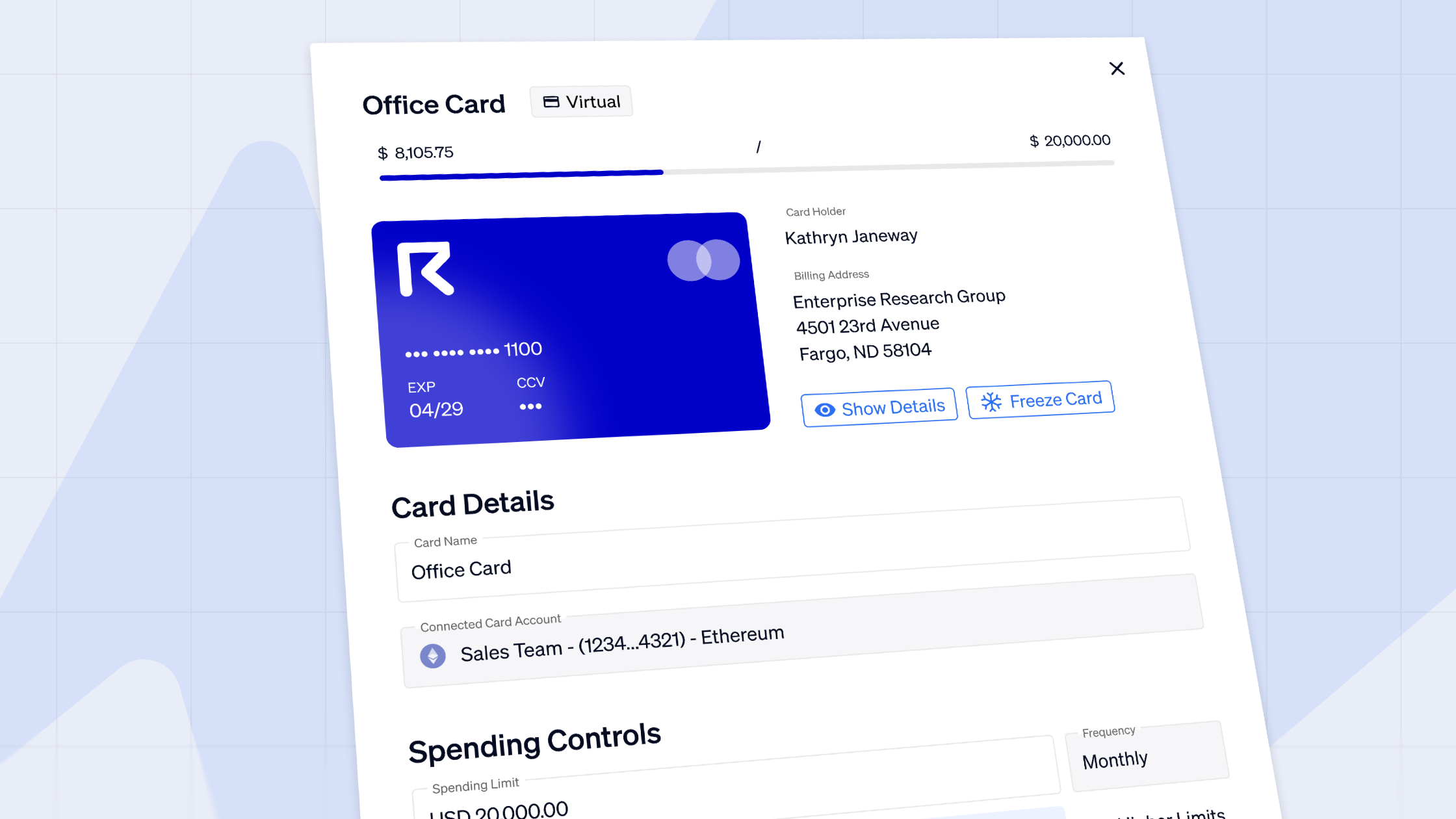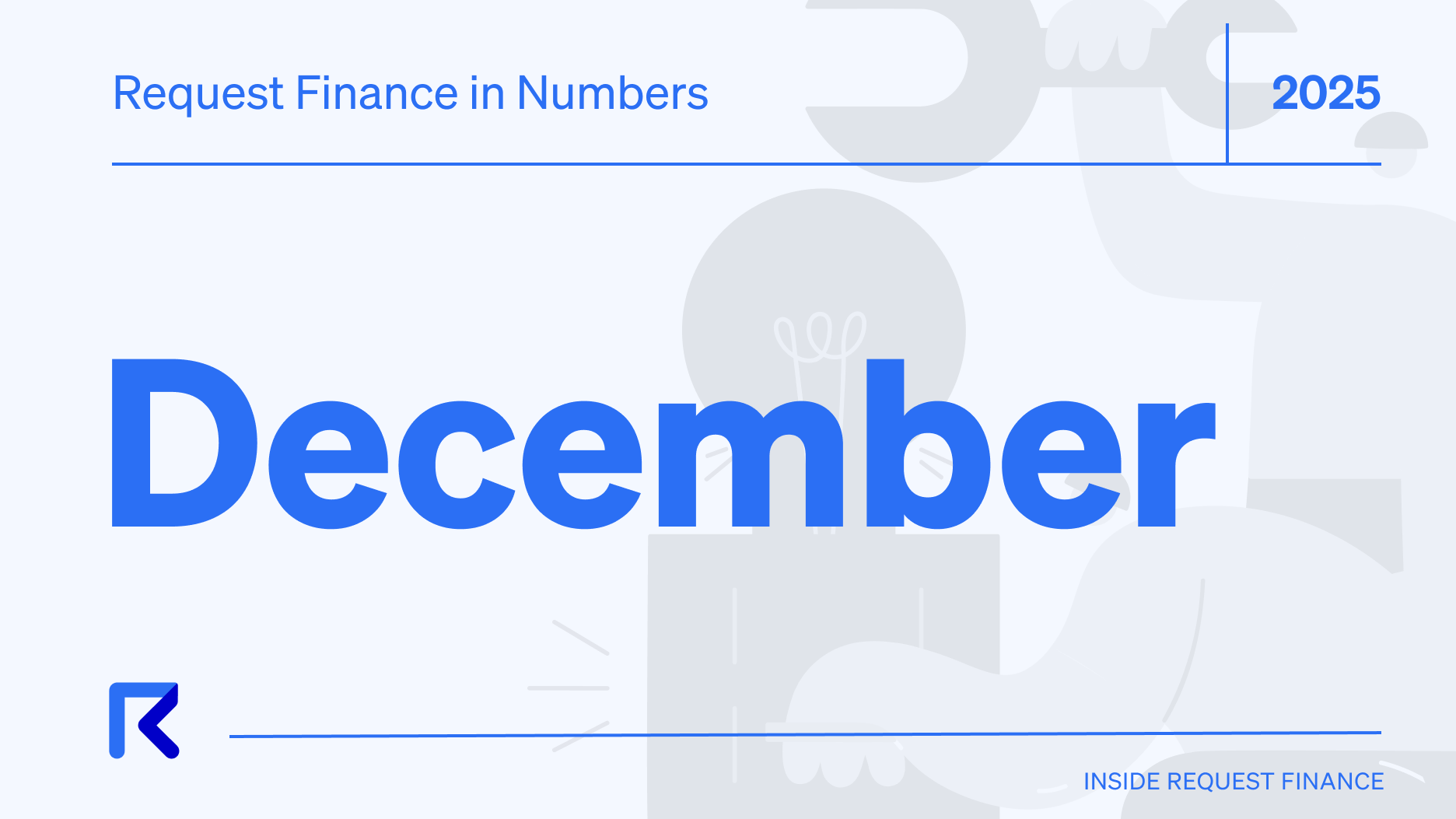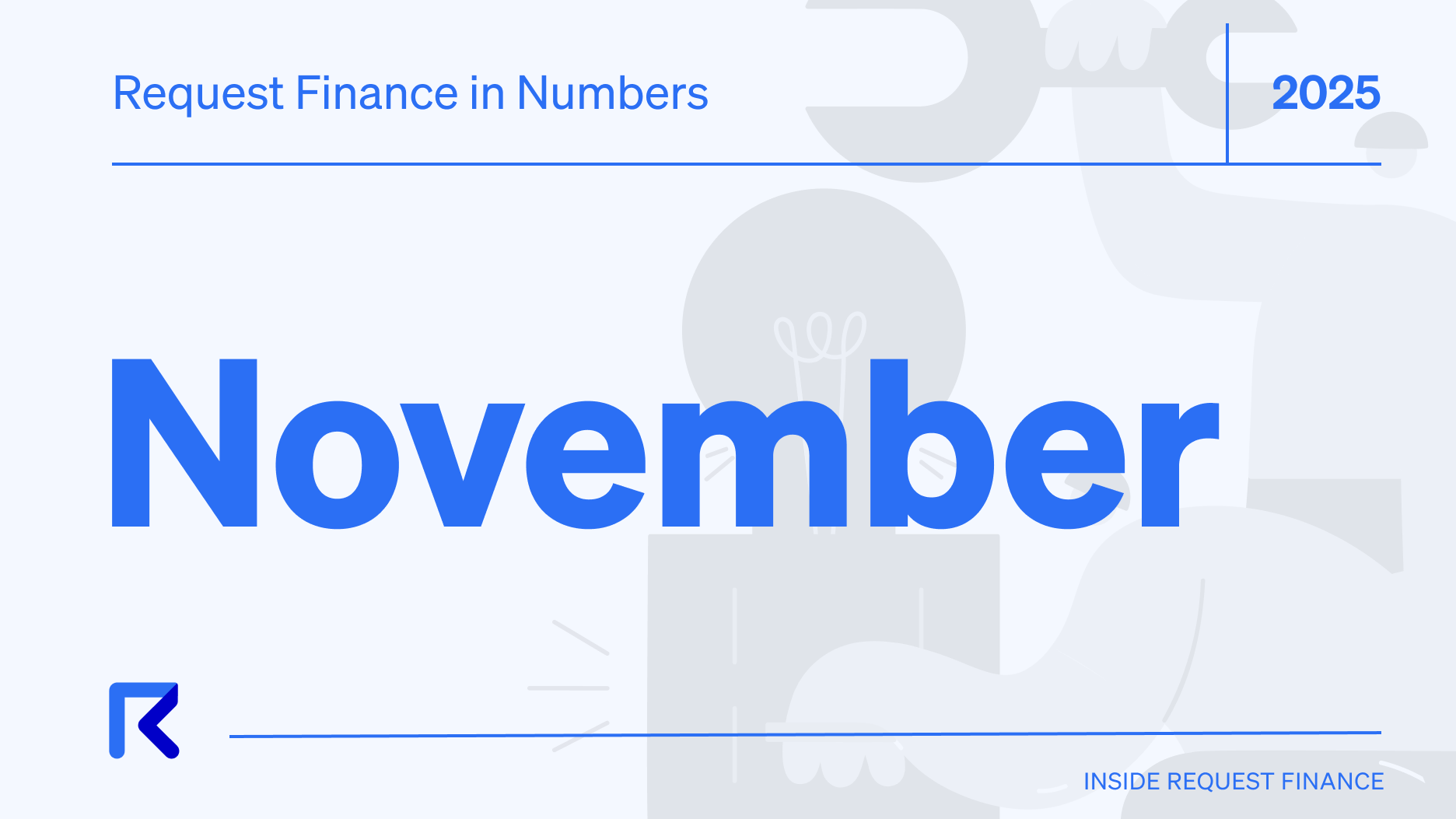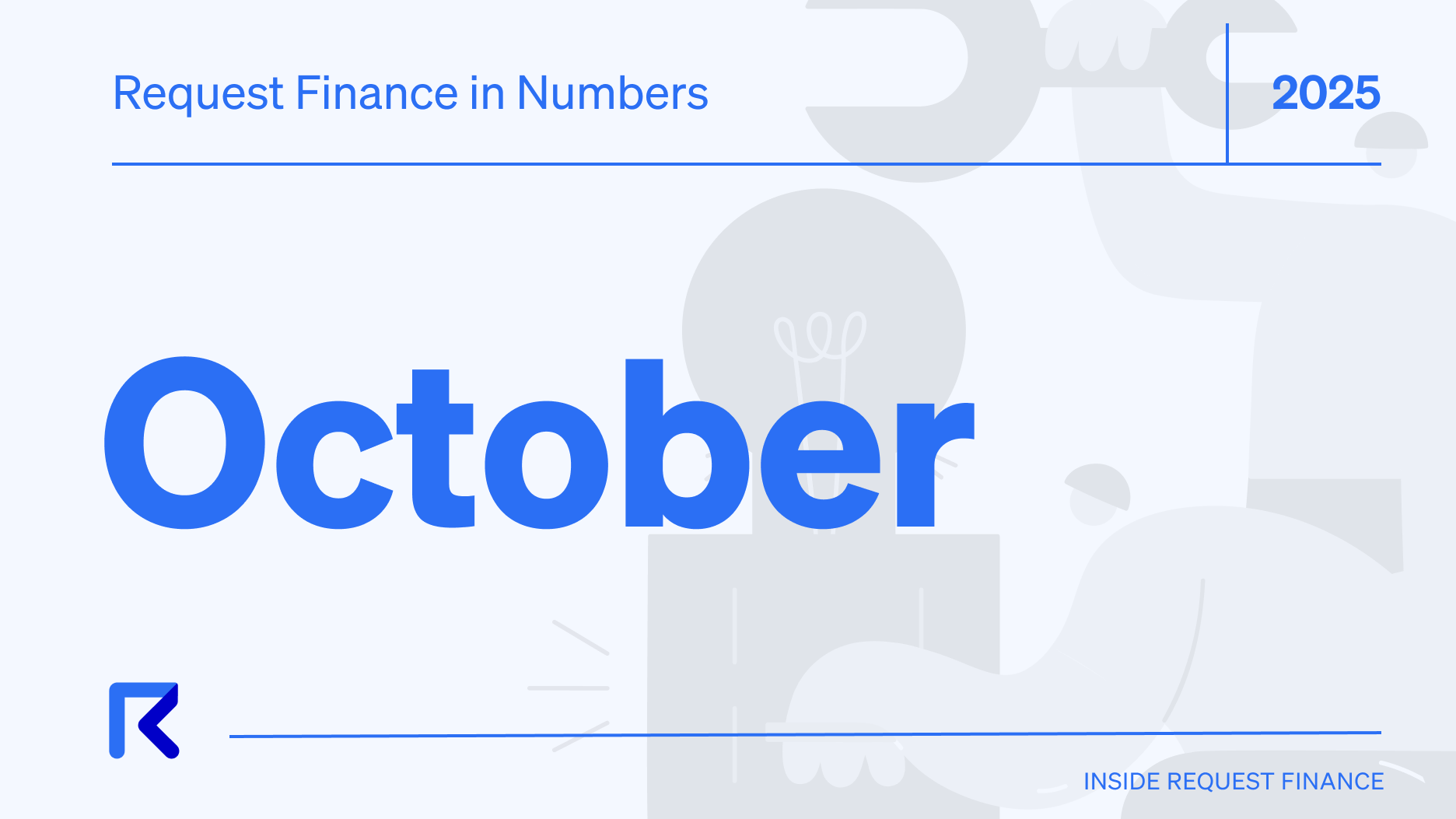Crypto payroll: Attracting Top Talent in the Post-Pandemic World
Learn how offering crypto payroll can help CFOs and financial managers attract top talent while reducing cross-border payments' complexities and hidden costs.
.jpg)
The COVID-19 pandemic has upended traditional notions of work and transformed the way we live our lives. One of the most significant shifts has been the rise of remote work, which has become a necessity for many businesses to keep functioning during lockdowns and social distancing measures.
A report by Research and Market estimates that the global remote work market is expected to nearly triple, from $20.1 billion in 2022 to $58.5 billion in 2027. Remote work also serves many successful blockchain companies including Chainalysis, Anchorage Digital, Uniswap Labs, and more. Companies that fail to embrace remote work, companies risk failing to attract and retain the best talent from around the world.
When Spotify announced its "Work from Anywhere" policy, its average time to hire significantly decreased by 12.5%, shortening from 48 to 42 days. Companies that operate fully remotely have access to a wider range of highly skilled professionals who may not have been available otherwise due to geographic limitations.
Younger workers prefer to be paid in crypto
While the idea of paying employees with crypto may be new to many employers, it's an idea that many younger, digital-natives are already familiar with. In fact, 60% of millennials already have digital currencies like crypto. Offering payments in crypto can be an effective way for companies to attract younger talents, as they are generally more receptive to the idea of receiving wages in crypto.

According to a global poll mentioned in a Nasdaq blog post, a significant number of younger generations are interested in receiving crypto as part of their compensation. Specifically, over one-third of Millennials and half of Gen Z indicated they would be willing to receive half of their salary in Bitcoin or another digital currency.
“Offering to pay your employees with Bitcoin can be a way to attract what we might call ‘future-thinking workers’, especially if you’re in certain industries, like FinTech,” said Tony Jarvis, director of enterprise security in Asia-Pacific and Japan at cybersecurity start-up Darktrace.
As businesses recruit talent from various corners of the globe, they face a number of challenges associated with traditional payroll processing. Two significant challenges are the complexities of correspondent banking, and the hidden costs of cross-border payments.
Let’s look at how crypto payroll can address these challenges.
Ready to Supercharge Your Crypto Accounting?
Stop wasting time, manually creating journal entries. Automate your accounting now, and enjoy error-free reporting
Learn how to scale your company's crypto & fiat financial operations
Your financial complexities are our specialties. Schedule your free consultation today and discover how Request Finance can transform your financial operations
Simplify crypto and fiat financial operations today
Rely on a secure, hassle-free process to manage your crypto invoices, expenses, payroll & accounting.
Challenge 1: Hidden costs of cross-border payments
Cross-border payments come with hidden costs, including bank fees, long processing time, and inefficient manual reconciliations. Banks take a cut of up to 10 percent of the total transfer value, and 47 per cent of suppliers are frequently paid past their due date.
Companies are also subjected to exchange rate fluctuations which can lead to unexpected costs. This can be especially problematic for international payments, where cross-border fees and currency exchange rates can eat into payroll budgets.
Payments made in crypto can be a useful tool for managing the impact of market volatility and exchange rate fluctuations on payroll liabilities, especially for global teams.
One way is through stablecoins, which can make it easier for businesses to switch their treasury holdings to a different currency. Another option is to use DeFi platforms like options, which give even small businesses the ability to hedge their exposure to foreign exchange risk.
Challenge 2: Complexities of correspondent baking
Traditional payroll processing involves multiple intermediaries, including banks and payment processors, which can create complications and delays in payment processing. Each intermediary adds a layer of complexity, and any errors or issues with one intermediary can cause delays or failures in the payment process.
The recent collapse of Silicon Valley Bank (SVB) serves as a prime example of the risks associated with involving multiple intermediaries. Thousands of paychecks were not showing up in direct deposits for employees and businesses who used SVB as their bank.
In a blog post, Patriot Software CEO Mike Kappel revealed that the company had more than $100 million in customer payroll and payroll taxes deposited in SVB on the day it was shut down by federal regulators.
Rippling, a payroll tech startup, faced a similar situation where their SVB account froze, containing $545 million of funds that included their clients' money and paychecks. Web2 payroll services, too, are vulnerable to the inefficiencies or failures of traditional banking rails.
By processing payroll in crypto, it streamlines payroll processing by removing the need for costly and time-consuming intermediaries to process payment transactions, which reduces the likelihood of complications and delays in payment processing.
Companies can set up automated payment processes that are fast, secure, and accurate. A decentralized payment network also reduces the impact to business continuity from situations like the SVB collapse.
Is crypto payroll too good to be true?
It’s an appealing option for companies to attract and retain top talent by offering crypto payroll. However, the recent volatility has highlighted the significant risks involved.
The unpredictable nature of crypto is its biggest drawback. Most crypto token prices are highly dependent on speculation, and subject to wild price fluctuations. For example, dogecoin surged over 30% recently after Twitter changed its logo to an image of a shiba inu dog, the logo of the digital “memecoin”.
This can make it challenging for companies to plan their finances and predict how much they will need to pay their workers.

To address this, using stablecoins for crypto payroll is increasingly attractive to businesses who want to avoid the risks associated with other digital currencies.
Despite adverse events such as the temporary de-peg of USDC which occurred after the recent closure of SVB, the sustained popularity of stablecoins is reflected in their widespread use in enterprise crypto payments. USD-denominated stablecoins accounting for 63% of enterprise crypto payments made on Request Finance.
What employers need to know about implementing crypto payroll
Employees are showing significant interest in receiving their wages, in part or in full, in crypto. But the question remains: What should employers consider when paying wages in crypto?
According to the IRS’ list of frequently asked questions (FAQs), virtual currency paid as wages is subject to federal employment taxes and must be reported on Form W-2, based on its fair market value measured in USD at the date of receipt. Failing to comply with regulations could result in a lengthy audit and possible fines of up to $50,000 in the US.
However, taxes on crypto vary across geographies, with some countries imposing heavy taxes on income earned through digital assets. For instance, India imposed a 30% tax on the income earned through digital assets last year. Terminology used to describe or define crypto also differs across regions.
It’s essential for companies to understand tax laws and regulatory differences to ensure compliance when settling payroll using crypto. Fortunately, companies can now utilize crypto payroll solutions such as Request Finance to easily manage their team's payroll operations in crypto which make it easy to comply with tax regulations.
Takeaway: Is crypto payroll the future of employee compensation?
It’s no surprise that crypto is emerging as a popular payment option among remote-first, global enterprises as part of their employee compensation plans. As more businesses adopt remote work in the post-pandemic world, the need for a more efficient and borderless payment system for their workforce is becoming increasingly crucial.
The traditional approach of offering salaries and bonuses has limitations, but crypto payroll offers a new approach to employee compensation that is cost-effective, fast, and global in nature.
“As digital currency becomes more popular and more widely accepted by merchants, the likelihood of employers using it as a form of wage payment increases. Companies, especially international companies, are always looking for an efficient process to pay their workers in other countries,” said outplacement firm, Challenger, Gray & Christmas.
With the growing acceptance of crypto, it’s only a matter of time before more employers start using it to pay their workers. Crypto-native payroll applications like Request Finance, makes crypto payroll easy for employers, and employees alike.
Crypto finance tips straight to your inbox
We'll email you once a week with quality resources to help you manage crypto and fiat operations
Trending articles
Get up to date with the most read publications of the month.
Our latest articles
News, guides, tips and more content to help you handle your crypto finances.











